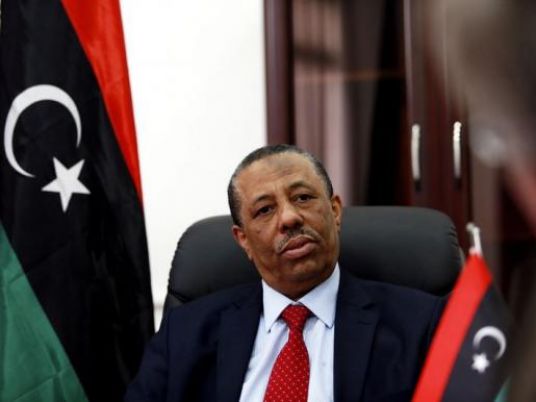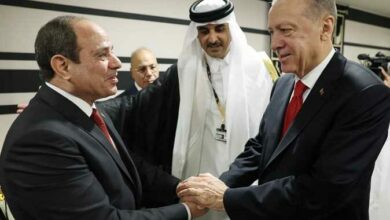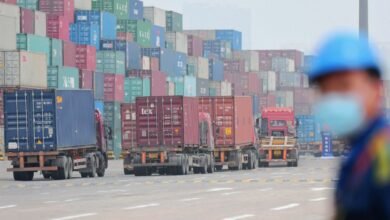
Turkey accusedLibya on Tuesday of targeting its companies there after the internationally recognised government said it would cancel contracts of Turkish businesses operating in the troubled north African state.
Libya's beleaguered official government announced a ban on Turkish firms on Sunday.. It justified the decision on Tuesday by accusing Ankara of supporting "militias" and dealing with a rival administration.
A Turkish Foreign Ministry spokesman on Tuesday rejected the decision and appeared to question the legitimacy of the official government, which controls only eastern parts of the country, and of its leader, Prime Minister Abdullah al-Thinni.
"The decision to bar Turkish companies … carries no value, considering the political and security crisis Libya has been going through and the debate regarding legitimacy," Tanju Bilgic said in an emailed statement.
"The transitional government which is expected to make efforts for peace and stability in Libya has, on the contrary, targeted our companies, which work for the development of Libya."
Turkey has close historic ties with Libya and Turkish businesses have traditionally had a strong presence there. But the country has been riven with conflicts since the toppling of strongman Muammar Gaddafi in 2011.
The Turkey Contractors' Association said last year that $19 billion of construction projects alone have been mothballed by Turkish firms in Libya because of fighting between rival factions.
Turkey's special envoy to Libya last year became the first foreign diplomat to meet publicly with the Tripoli government, which is partly supported by Islamist groups and militias.
That move deepened suspicions among its critics that Ankara is pursuing a pro-Islamist agenda that has already soured ties with former allies, notably Egypt.
On Tuesday, Thinni blamed Turkey's Libya policy for the decision to cancel contracts.
"The decision comes because of Turkey's … support for militias and dealing with the General National Congress (in Tripoli)," he told Reuters in a written response to a question put to him in Bayda.
Major world powers have boycotted the Tripoli government, but the United Nations has included lawmakers from the rival parliament in a dialogue aimed at defusing the power struggle.
Ankara has denied backing armed groups in the conflict or siding with the Tripoli government, saying it supports U.N. efforts to broker peace.
Any ban of Turkish companies would be limited to the eastern rump state where Thinni's forces are in control.
Libya's official government banned Palestinians, Syrians and Sudanese from entry in January, saying their countries were undermining Libya's security.




